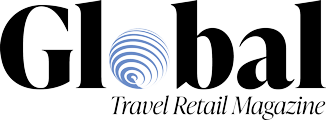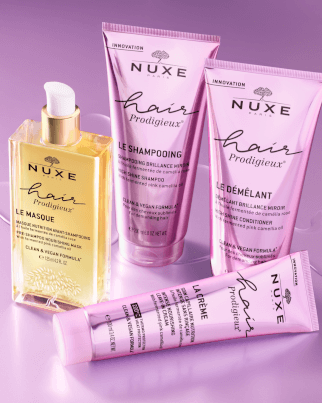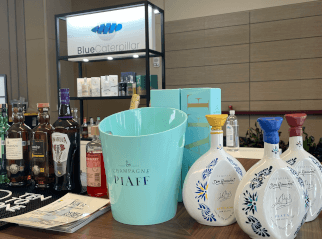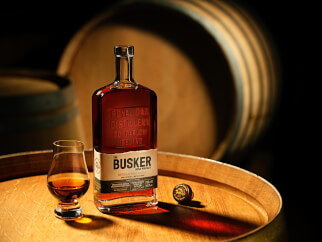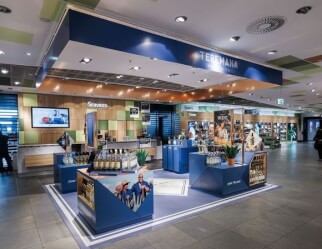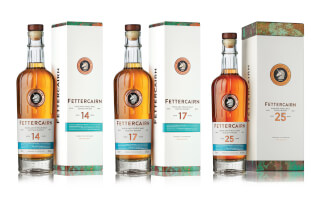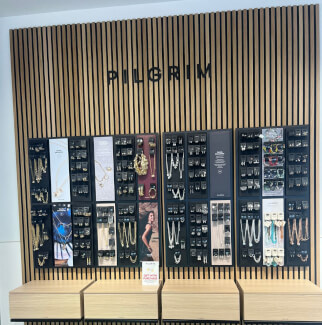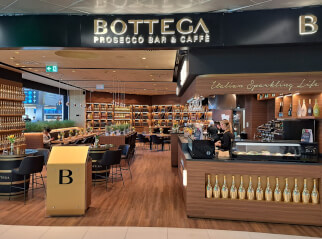Will ecommerce be the saving grace for the alcohol industry during COVID-19?
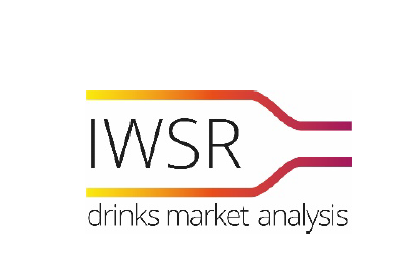 In a newly published IWSR report series examining the impact of -19 on 10 key markets, IWSR analsyis highlights the importance of online shopping during these unprecedented times during COVID-19.
In a newly published IWSR report series examining the impact of -19 on 10 key markets, IWSR analsyis highlights the importance of online shopping during these unprecedented times during COVID-19.
All 10 markets included in the IWSR assessment have seen a temporary element of panic buying and out-of-stock situations in the off-premise. “While this is subsiding in most markets, the ecommerce channel has helped most businesses maintain growth potential,” notes Mark Meek, CEO at IWSR Drinks Market Analysis. “However, the upswing in ecommerce sales, coupled with consumer stockpiling through the retail channel, has so far failed to make up for the vast losses in the on-trade caused by the enforced closure of bars and restaurants around the world,” Meek adds.
The report, which focuses on Argentina, China, France, Germany, India, Italy, South Africa, Spain, the UK and the US, draws out key insights into the current impact of Covid-19 on the global beverage alcohol market, including:
US beverage market leads the way
The US leads the way for retail alcohol sales, including ecommerce, since March.
Passing the initial panic buying phase, a strong sales forecast has been maintained through April and up double digits when compared to last year. Large size formats are doing especially well as they reduce the shopping frequency and increase a high basket total.
“While many value brands have reversed declines during Covid-19, it’s not at the expense of premium,” notes Brandy Rand, COO of the Americas at IWSR. “All categories show a continued premiumization trend as consumers transition some of their on-premise spending to at-home consumption.”
Ecommerce sales continue to be significant due to stay-at-home orders and physical distancing efforts and it’s likely this will continue.
Even as some US states slowly start to reopen, consumer buying habits developed during Covid-19 will linger and could indicate a new normal of beverage alcohol consumption.
Markets with a weaker ecomm platform are feeling the pain
While markets with an established ecommerce structure are meeting increased demand, such as in the UK and Spain, there are growth constraints due to capacity issues.
The pandemic has also highlighted countries lacking a viable ecommerce structure, such as in Italy. While Italy has doubled its ecommerce sales, this is negated by its low starting point and restricted sales due to limited capacity. Enterprising on-trade wholesalers have been fuelling the channel’s growth in D2C by setting up makeshift ecommerce or app platforms to sell to their consumers.
Meanwhile, consumers in Germany have proven reluctant to embrace online alcohol sales. Alcohol ecommerce has grown but not to the same extent as other developed European markets. Instead, supermarket sales have remained relatively stable as consumers seek safer ground.
India’s weak ecommerce structure for beverage alcohol has resulted in sales dwindling down close to zero.
Categories relying on on-trade take a hit in multiple markets
In the current environment, category consumption trends are often governed by their exposure to the on-trade. As such, spirits have been badly hit in markets like Argentina, Italy and Spain, where consumption is mainly in the on-premise, and the same is true for beer in markets including Argentina, Germany, and Spain, where the on-trade accounts for an estimated 80% of beer volumes and 60% of spirits volumes.
By comparison in the UK, wine is least exposed to on-trade closure as over 85% of consumption is at home. Stockpiling means it has benefited the most since the outbreak, thereby bucking longer-term category decline.
In the US, sales of wine, beer and spirits are all doing well, most seeing double-digit sales growth.
South Africa closed for business
The market has shut down completely in South Africa, due to a government ban on all sales of alcohol. Brewers and particularly craft breweries are among the most affected as their stock – either on site or in the distribution system – is now set to expire. But one additional feature weighs heavily on the South African wine industry in particular – not only the sale but also the transport of alcohol remains banned in South Africa. Perhaps as an unintended consequence this means that companies cannot even export – a significant issue in an industry that ships some 60% of its output abroad in normal times.
On-premise is China’s companion as restrictions are slowly lifted
As China slowly lifts restrictions, on-premise sales have proved to show modest growth.
The on-premise is crucial not only to pure on-premise sales but also, due to a widespread bring-your-own-bottle culture, to the off-premise.
The ability to browse in brick-and-mortar shops is now attractive and supermarkets have had a resurgence after weeks of lockdown made convenience stores the go-to shopping solutions.
Any boost offered by the gradual return of the on-trade will likely be softened by China’s fragile alcohol wholesale structure and the continued enforcement of social distancing rules in a country of social drinkers.
